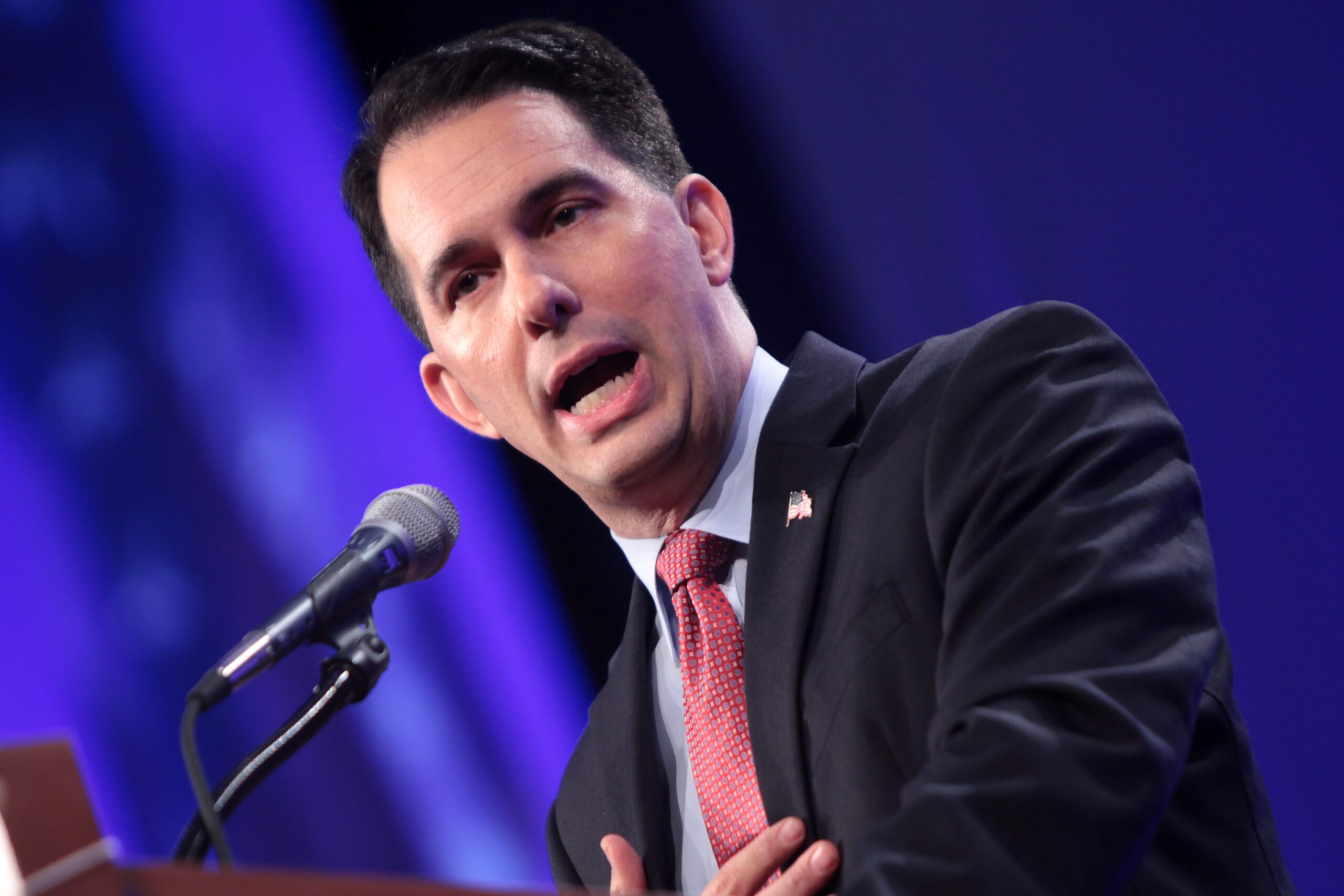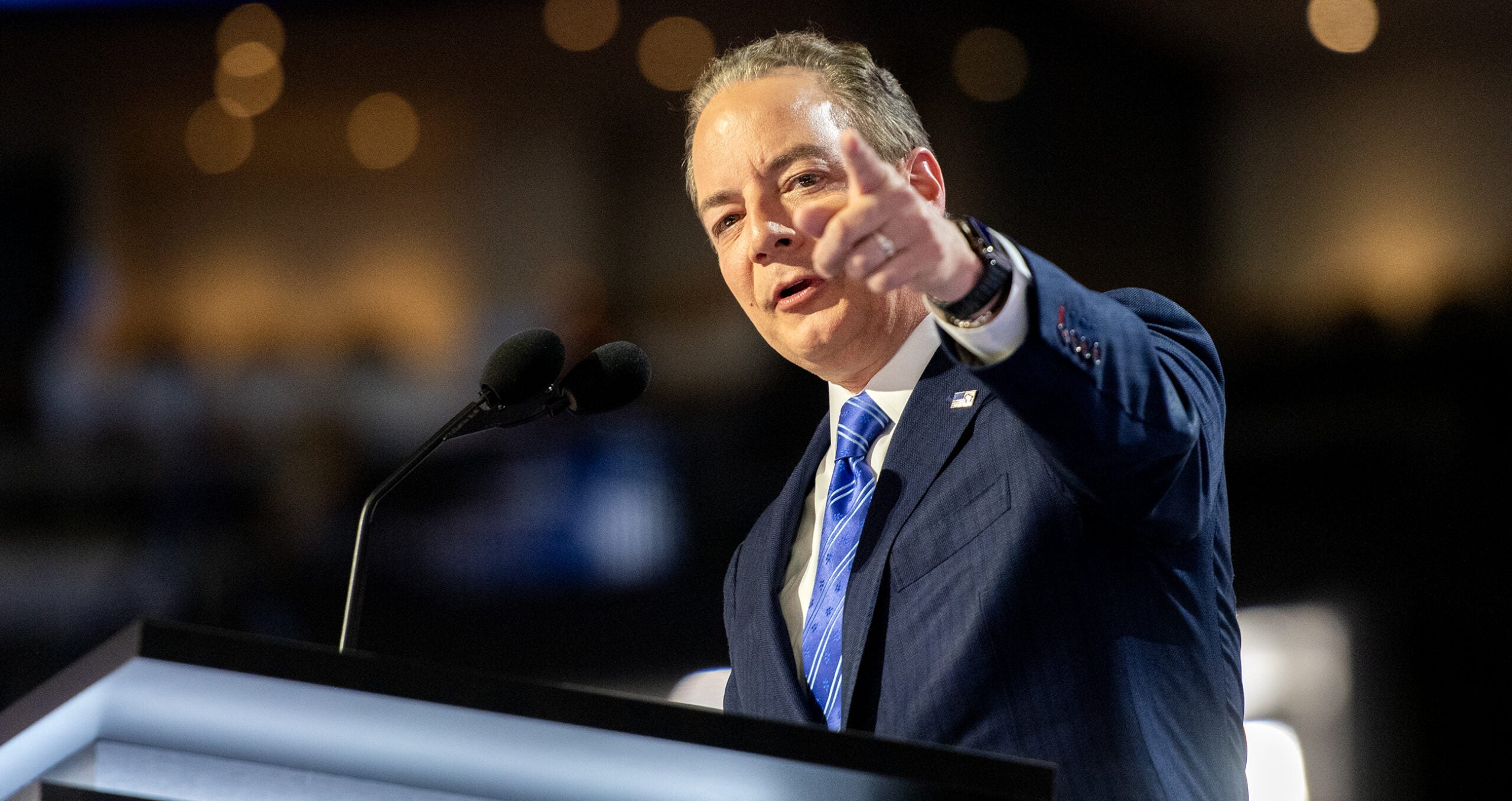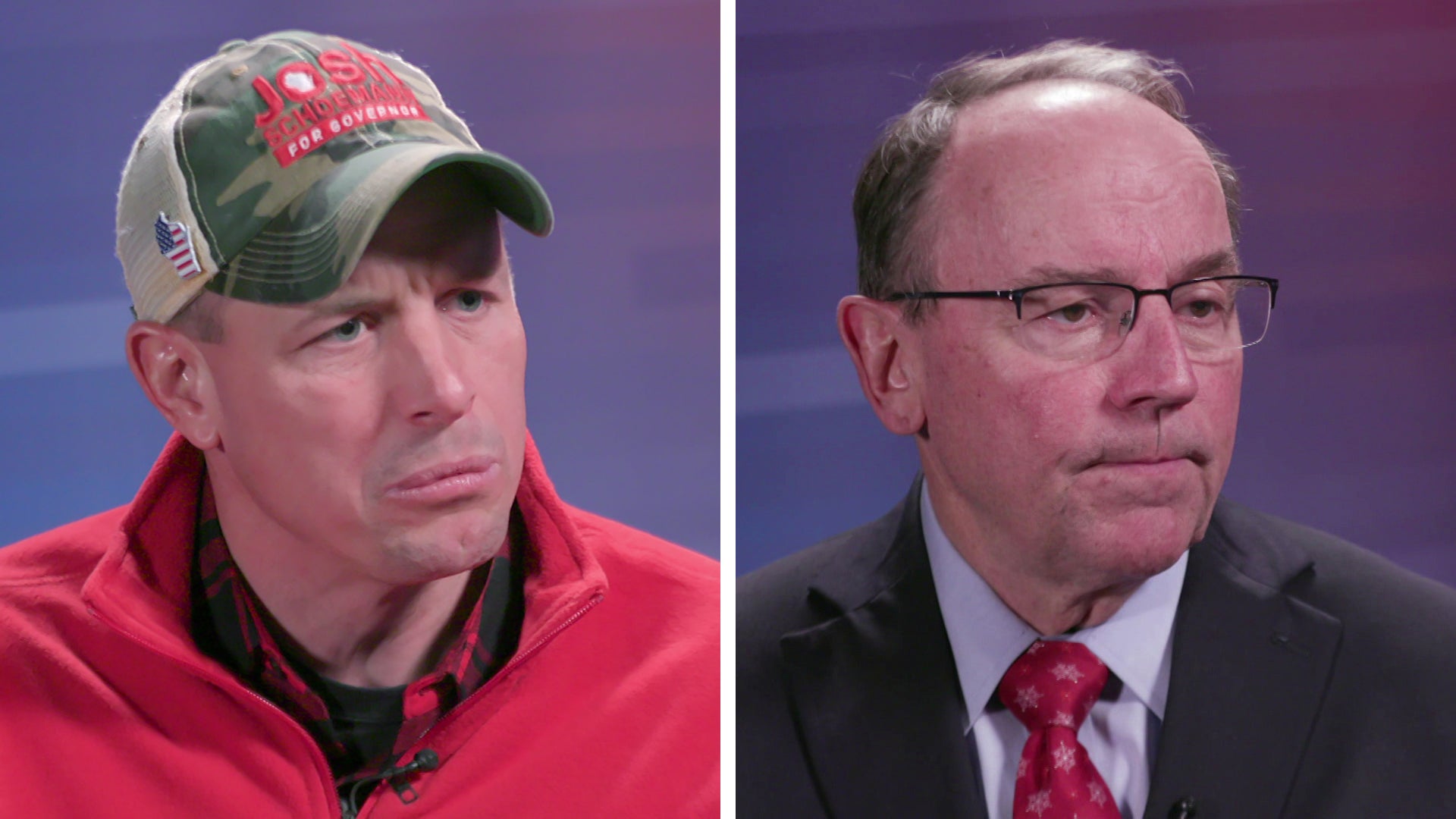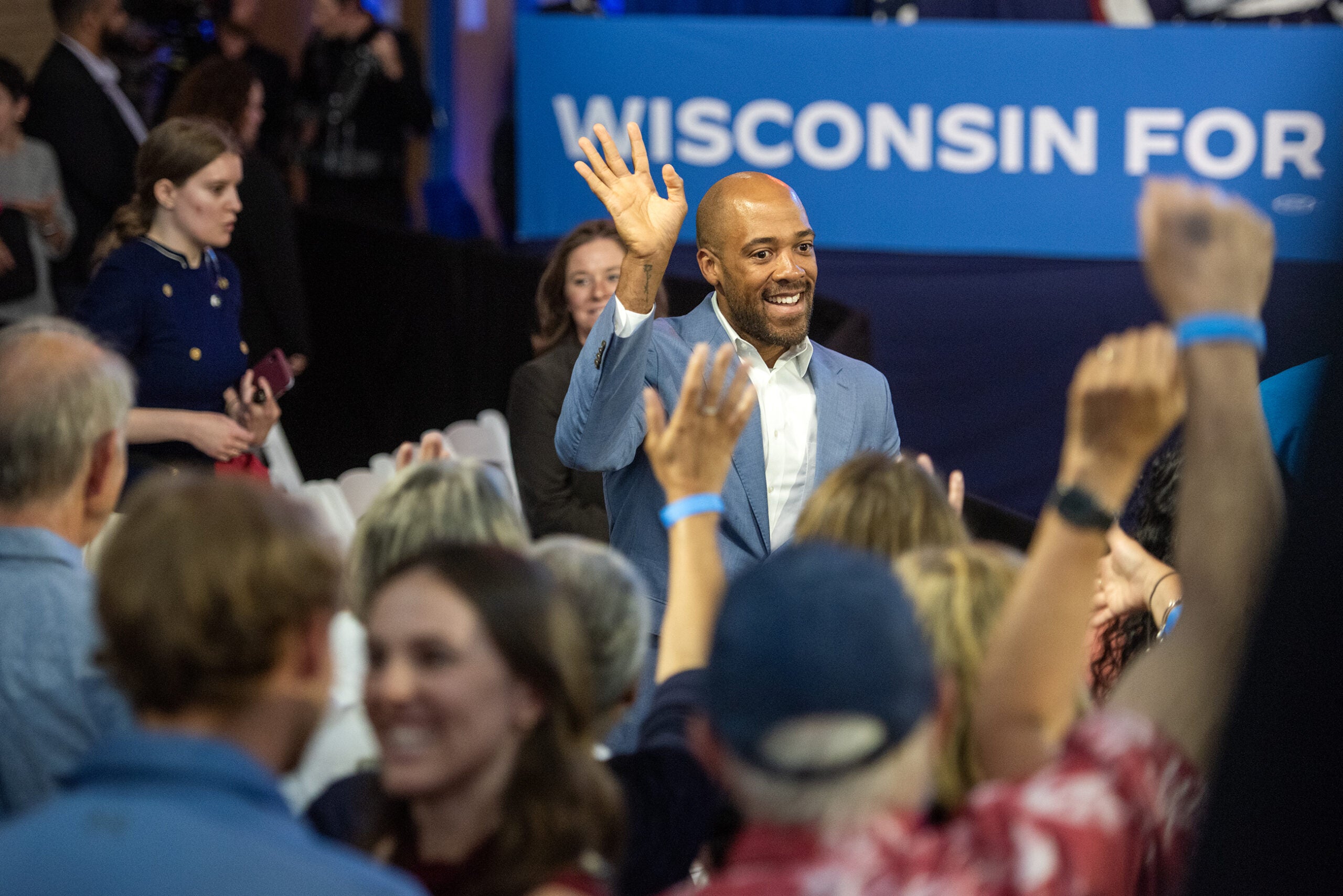As Gov. Scott Walker prepares for his first Republican presidential debate, he is promising to tell voters what he’s for. Walker says that straightforward approach is how he won three elections as governor of Wisconsin. A look at his record suggests otherwise.
When Walker was asked on Fox News this week how he’d approach the first GOP debate, he gave what is by now a familiar answer.
“Voters are tired of politicians who tell you what you’re against and who you’re against,” he said. “They want to know what you’re for.”
News with a little more humanity
WPR’s “Wisconsin Today” newsletter keeps you connected to the state you love without feeling overwhelmed. No paywall. No agenda. No corporate filter.
Walker’s response goes hand in hand with the image he’s trying to project of a leader who does what he says.
But on repeated occasions, Walker’s actions have run contrary to that image, especially during his gubernatorial campaign just a year ago. It was during that campaign — in a debate — that Walker was asked whether he promised to serve a full four-year term.
“My plan is, if the people of the state of Wisconsin elect me on Nov. 4, is to be here for four years,” he said. “Tonette and I had to work pretty hard three times now in the past four years to run for governor. It’s a position I’m committed to.”
Walker may yet serve four years, but with his feverish campaign schedule, he’s doing everything in his power to leave the governor’s office early and start a new job in the Oval Office.
On issue after issue, Walker has been hard to pin down. He was asked repeatedly in 2014 by the Milwaukee Journal Sentinel editorial board whether he supported a 20-week abortion ban.
“Do you believe abortion should be banned after 20 weeks?” asked a reporter for the paper during a video interview.
“Those are all things we’d have to look at in a future session out there,” Walker replied.
But with his closely fought re-election bid behind him, Walker pushed for — and signed — just such a ban.
During the 2014 campaign, it became clear that state government was facing a projected budget deficit. Asked during a debate how he’d deal with that shortfall, Walker denied it even existed.
“We will have a $535 million surplus in the next state budget,” he said.
That surplus was based on revenue growth that nobody was actually predicting and that never materialized. The budget shortfall did materialize, though. Walker filled it by delaying the repayment of state debt and making deep cuts to the University of Wisconsin System.
Prior to the budget or the abortion bill, Walker signed a right-to-work law, something he adamantly denied would ever happen on his watch.
“I have no interest in a right-to-work law in the state,” he said. “We’re not going to pursue it in the remainder of our term and we’re not going to pursue it in the future.”
As a candidate for president, Walker now campaigns on right to work.
In addition, the state Legislature may yet this year abolish Wisconsin’s nonpartisan ethics and elections agency and replace it with something else. Walker was asked about that last year, too.
He responded: “From our standpoint, we’ll certainly look at it, but for us, it’s just not a priority.”
It’s on Walker’s radar now: He said last month he wants the agency eliminated.
Walker was arguably more straightforward during his first run for governor. He opposed a high-speed rail line from Madison to Milwaukee.
In a campaign ad, he promised: “If I’m elected as your next governor, we’ll stop this train.”
And stop it he did. Walker also promised higher health care and pension contributions for public employees. Those happened, too.
But when it comes to his landmark achievement as governor — ending collective bargaining for most public employee unions — Walker was quiet in 2010. In an interview that year with the Oshkosh Northwestern editorial board, Walker was asked how he would get union employees to pay more for benefits.
“Collective bargaining come into that?” asked a reporter. “How do you get that negotiated and accepted with state employees?”
Walker: “You still have to negotiate it.”
There was no hint that Walker would effectively end those negotiations. It was one of many issues where the governor did not tell voters what he was for, and where Walker the candidate was different than the Walker who got elected.
Wisconsin Public Radio, © Copyright 2026, Board of Regents of the University of Wisconsin System and Wisconsin Educational Communications Board.







